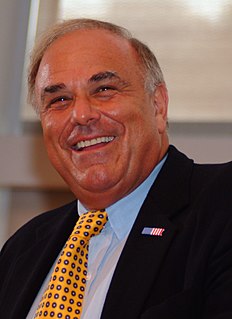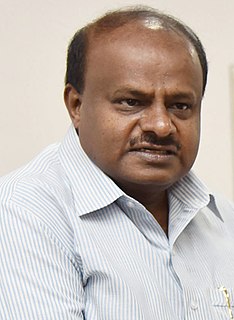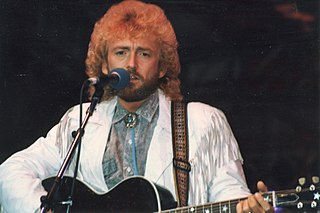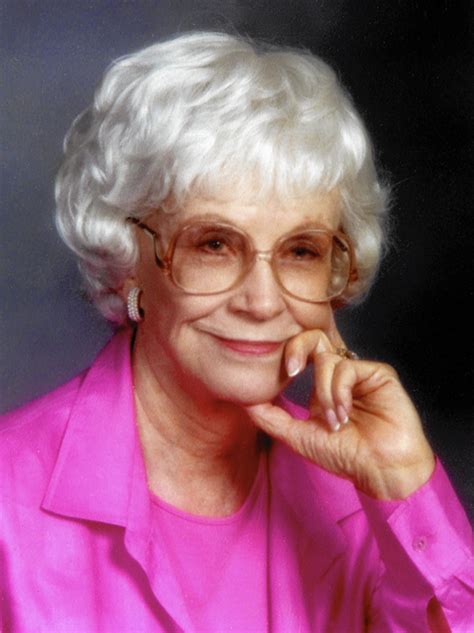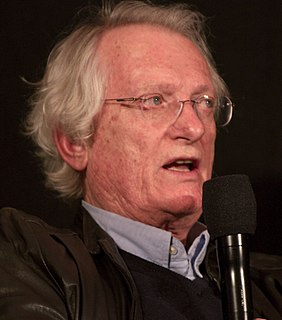A Quote by Leigh Michaels
Most of my books are set in the American Midwest, where I have always lived. Midwesterners are lovely, down-to-earth people. The luxury of choosing this region as a setting is the endless supply of seasonal change images that accompany it; in addition to, the wide variety of settings, urban and rural, to choose from.
Related Quotes
Most people just aren't clear-eyed about the rural South. We think that the urban centers are the problem, and the rural areas across the country are idyllic, suffused with good old American values, social values, religious values, moral values. It's what we tell ourselves to keep this political power structure in place, and it's what we see in pop culture, too.


